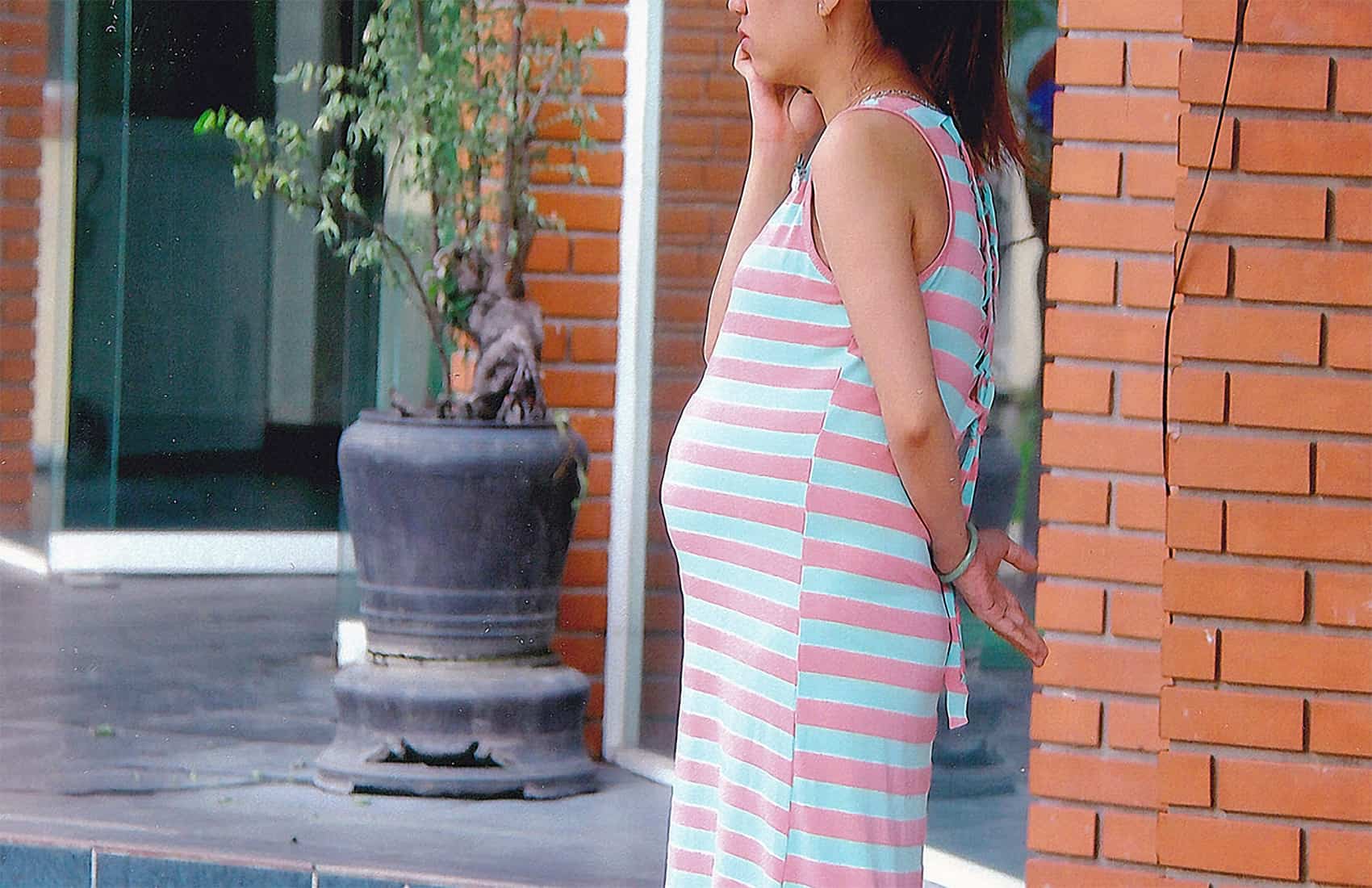An emergency in her pregnancy landed Esme in the hospital. She lost the baby and is now trying to avoid a definite 30-year prison sentence in El Salvador, where abortion is prohibited and punishable in all its extremes.
It all started in 2019. Esme – pseudonym to protect her identity -, now 28 years old, after leaving the hospital she was in provisional detention for two years, the maximum limit while the process was being aired. Free since 2021, she received last week a first instance sentence from a court in the east of the country.
The sentence considers her abortion as aggravated homicide. A written notification is expected this May 24, which could send Esme back to jail.
Esme “has been released on preventive liberty, and has to go to sign every 15 days (to the court),” Morena Herrera, coordinator of the Citizens’ Group for the Decriminalization of Therapeutic, Ethical and Eugenic Abortion (Acdatee), told AFP.
“We began to prepare the appeal. If the appeal does not resolve, we will resort to the figure of cassation [annulment of the trial] and ultimately to the Inter-American Court of Human Rights,” Herrera explained.
The conviction of Esme, who through Acdatee has thanked for the support, is the first during the administration of President Nayib Bukele who, according to Herrera, had “pledged to end the systematic persecution” of women with this type of problem.
The Salvadoran Penal Code since 1998 prohibits abortion in all cases and establishes penalties of up to 8 years. However, prosecutors and judges even classify cases of involuntary abortion as “aggravated homicide”, with sentences of up to 50 years.
A travesty of justice
Since 2009, 64 women convicted for health emergencies during pregnancy, most of them of humble condition, have been released supported by Acdatee and other groups.
For the coordinator of the NGO Human Rights Commission (CDHES), Miguel Montenegro, Esme’s case “is the reflection of a questioned justice system that, without investigation, condemns violating women’s human rights”.
“We are seeing yet another case of a woman who has been sentenced in what we call a farce of justice,” Erika Guevara, director for the Americas of Amnesty International (AI), told AFP.
She recalled that Esme was initially imprisoned preventively “for having a spontaneous abortion and not having comprehensive care to prevent situations, in a context where abortion is totally criminalized.”
“The draconian law” in El Salvador highlights “an extreme and radical form of discrimination and violence against women and girls,” Guevara added.
While countries throughout Latin America are taking great strides in favor of legal abortion rights, “it is disappointing to see that El Salvador continues to be on the wrong side of history and human rights,” she said.
Feminist and human rights organizations have called on authorities to decriminalize abortion and reform laws.
However, in September 2021, Bukele withdrew from a constitutional reform bill the possibility of legalizing abortion when the mother’s life is in danger, after criticism from the Catholic Church.
Berta’s case
“We hope that there will be a more reasonable position, a positive reaction on the part of the justice system of El Salvador and that we can reverse this conviction,” Herrera said.
According to her organization, Acdatee, there are currently four women imprisoned with firm convictions.
Among them is Berta Arana, a Salvadoran-Guatemalan who, after giving birth to a baby girl in an emergency in 2013, was accused of throwing the baby into a latrine. When she arrived at the Ahuachapán hospital seeking assistance, she was arrested.
On July 2, 2014, Arana was found guilty of attempted aggravated homicide and sentenced to 15 years in prison.
“Berta had the obstetric emergency, she had a baby girl who did not die, but she was convicted for the figure of attempted aggravated homicide which is an absurdity. And the most serious thing is that she has been in prison for almost ten years,” summarizes Herrera.
The Working Group on Arbitrary Detention, a body of the UN Human Rights Council, has requested Berta Arana’s release, but the obstacle to the commutation of her sentence is that she does not have an identity document.
Last year, the Inter-American Court of Human Rights (IACHR) found the State of El Salvador responsible for the case of Manuela, a Salvadoran woman who died in 2010 in prison, serving a 30-year sentence for an out-of-hospital delivery classified as aggravated homicide.
by Carlos Mario MARQUEZ






